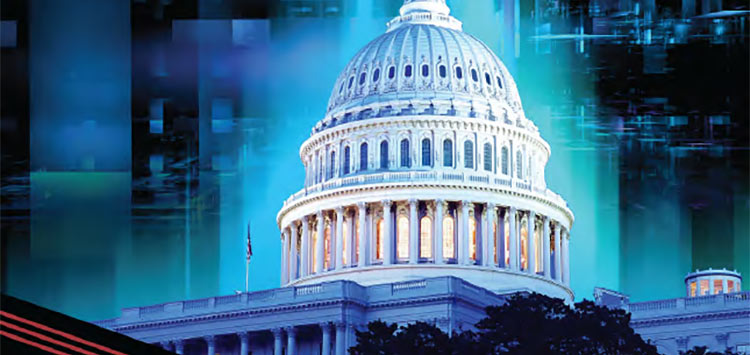-
Business
-

Policy & Business
-
-
Federal IT
-

Information Technology
-
-
State & Local
-

State & Local Government
-
-
Defense
-

Defense & Intelligence
-
-
Healthcare
-

Healthcare Policy & IT
-
-
Energy
-

Energy Policy & Technology
-
-
Education
-

Education Policy & Technology
-
Fines, Fees, Forfeitures and the Emerging Issue of Fairness
Governing: Back in the 1970s, when property tax revolts such as California's Prop 13 put limits on a primary municipal revenue source, many cities turned to the most available alternatives: user fees and charges, fines and forfeitures. An emerging body of public-finance theory came to their support with the concept of "public choice," which drew on microeconomics to argue that user fees are more efficient and equitable than taxes. The basic idea was that a dollar's worth of additional cost should equal a dollar's worth of utility at the consumer level. Further, much like sin taxes, fines and forfeitures compensated for "social bads" while paying for social goods.
Top Stories
- The Top Issues for State Government Tech Leaders
- Senate Majority Leader Andrea Stewart-Cousins tells Cuomo to resign
- Longmont City Council Considers Commuter Rail Options
- Democrats forge deal to strip Cuomo's emergency powers
- Michigan GOP: Relief Spending Contingent on Whitmer’s Power
- Biden plan to distribute virus aid irks some governors
- States Expect Delay of Federal Unemployment Payments
- How Seattle's new payroll tax complicates efforts to enact one statewide
- Stimulus extends unemployment benefits. Tens of thousands in NC may still be left out.
- Connecticut Transportation Funds Could Go Broke by 2024
- State Legislatures Face a Session Like No Other
- Researchers Examining Covid Vaccine Barriers, Skepticism in Five Communities
- Legislature will meet in person, defying pleas to meet entirely remotely
- Over 1.1 million ballots cast in early voting for Georgia U.S. Senate runoffs
- Congress Nears Covid-19 Relief Deal With Direct Stimulus Payments, But No Local Government Aid
- Dems ask to postpone legislative session
i360Gov Newsletters
The most significant government policy, business, and technology news and analysis delivered to your inbox.
Subscribe NowAlso in State & Local Government
About
i360Gov is an intelligent network of websites and e-newsletters that provides government business, policy and technology leaders with a single destination for the most important news and analysis regarding their agency strategies and initiatives.
Contact Us
Telephone: 202.760.2280
Toll Free: 855.i360.Gov
Fax: 202.697.5045











